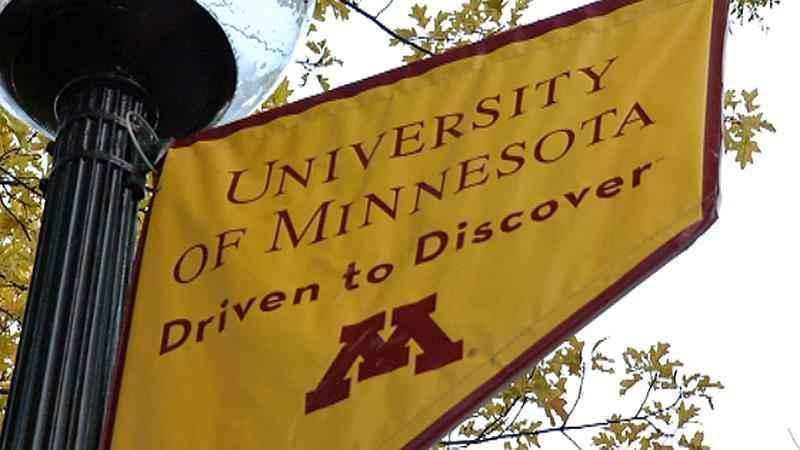Minnesota House, Senate considering direct admissions programs for higher ed
[anvplayer video=”5024299″ station=”998122″]
The University of Minnesota has seen a decline in undergraduate applications during the pandemic.
So far this year, there have been 5% fewer in-state applications and 20% fewer out-of-state applications. That’s happening as more and more students are pursuing other options instead of higher education.
State Rep. Jim Davnie, DFL-Minneapolis, says he has a daughter in college and a son who is applying but says the higher education admissions system is flawed.
"It’s confusing. It’s bureaucratic. It’s unclear. And it’s frustrating," Davnie said.
And so came the idea for the "direct admissions" program that’s being proposed both in the Minnesota House and Senate higher education bills.

[KSTP-TV]
It means that if high school students meet certain guidelines established by the state — such as a high enough GPA, class ranking or standardized test score — they could be automatically admitted to various Minnesota colleges and universities without even having to apply.
"It does tell that kid who was sitting there trying to figure out, maybe they’re going to college, maybe they’re not, ‘Hey, you’ve already been accepted. You qualify for attending college A, B, C next year,’" Davnie said.
The direct admissions program would reach all Open Access Institutions in Minnesota, which means more than 35 colleges and universities.
Dennis Olson, Minnesota’s higher education commissioner says this could be a game-changer for many families, including first-generation college students.
"And so this is an opportunity to promote greater college knowledge, college-going awareness, really to send signals to every graduating senior in Minnesota that they are ready for college and higher education in Minnesota is ready for them as well," Olson said.
Members at the Inter Faculty Organization (IFO), which represents the interests of faculty at the seven Minnesota State Universities, are on board.
"Something like this can be very helpful for a lot of different reasons. But most importantly just to make sure that everyone in Minnesota knows that when they’re going through high school and if they successfully complete high school, college is an option for them. No matter what," said Johnathan Bohn with the IFO.